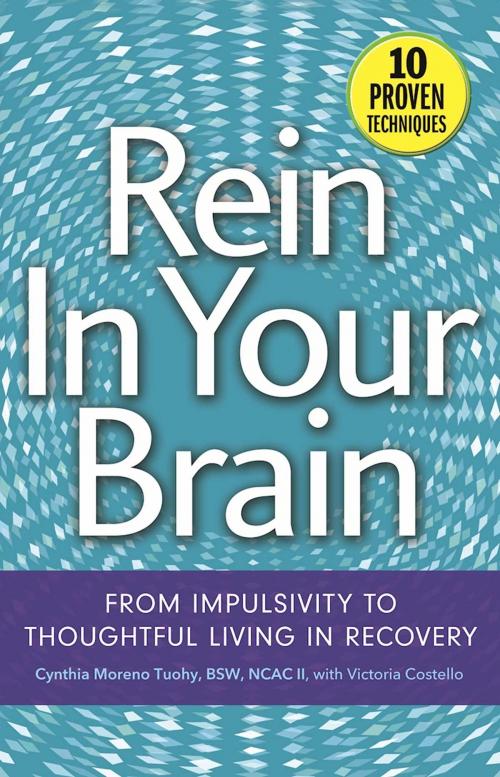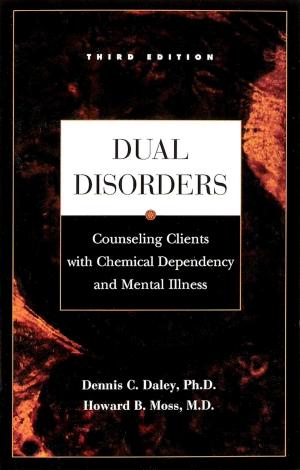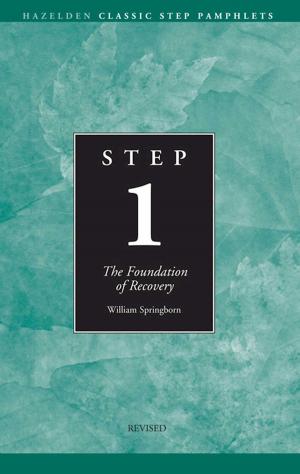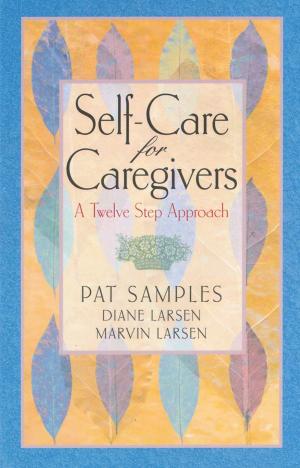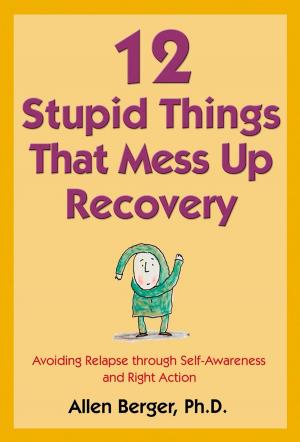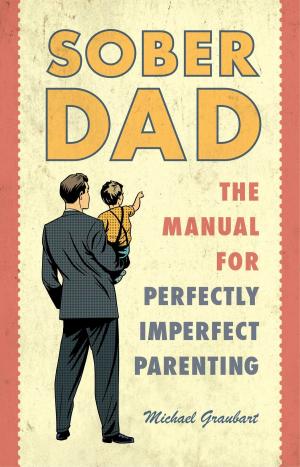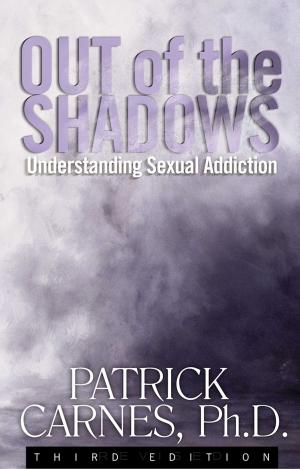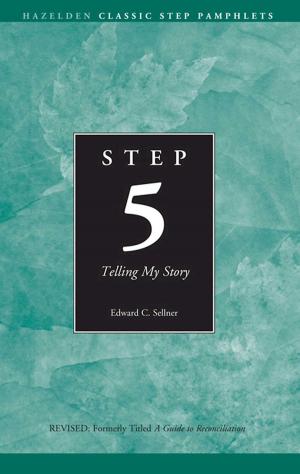Rein In Your Brain
From Impulsivity to Thoughtful Living in Recovery
Nonfiction, Health & Well Being, Self Help, Addiction, Substance Abuse, Self Improvement, Motivational| Author: | Cynthia Moreno Tuohy, BSW, NCAC II, Victoria Costello | ISBN: | 9781616495039 |
| Publisher: | Hazelden Publishing | Publication: | May 6, 2014 |
| Imprint: | Hazelden Publishing | Language: | English |
| Author: | Cynthia Moreno Tuohy, BSW, NCAC II, Victoria Costello |
| ISBN: | 9781616495039 |
| Publisher: | Hazelden Publishing |
| Publication: | May 6, 2014 |
| Imprint: | Hazelden Publishing |
| Language: | English |
Those in recovery are often stuck in a dangerous loop of making poor choices based on instant feel-good payoffs. Rein in Your Brain offers 10 proven techniques for intervening on faulty impulsive thinking and actions that have a negative impact on our lives and relationships.
Addiction--whether to mood-altering substances, gambling, sex, or food--stems in part from an over-reliance on the reward system of a primitive part of the brain that can push us to make poor choices based on an expectation of immediate gratification. Those of us in recovery often struggle with the compulsive thoughts and behaviors that are still programmed in our addictive brains well after the drinking and drugging has stopped. These often play out thoughtlessly in our interactions with others, damaging our relationships and growth as balanced human beings.Rein in Your Brain, by addiction expert Cynthia Moreno Tuohy, offers ten tools for breaking the cycle of impulsivity. These time-tested self-interventions include standing still in the moment, giving up control, not assuming the other person’s intent, tolerating differences, accepting emotions without giving them free reign, and differentiating between immediate fear-driven reactions and measured thoughts. By incorporating these tools in your daily interactions, your relationships can move from those of conflict to mutual respect and understanding.
Those in recovery are often stuck in a dangerous loop of making poor choices based on instant feel-good payoffs. Rein in Your Brain offers 10 proven techniques for intervening on faulty impulsive thinking and actions that have a negative impact on our lives and relationships.
Addiction--whether to mood-altering substances, gambling, sex, or food--stems in part from an over-reliance on the reward system of a primitive part of the brain that can push us to make poor choices based on an expectation of immediate gratification. Those of us in recovery often struggle with the compulsive thoughts and behaviors that are still programmed in our addictive brains well after the drinking and drugging has stopped. These often play out thoughtlessly in our interactions with others, damaging our relationships and growth as balanced human beings.Rein in Your Brain, by addiction expert Cynthia Moreno Tuohy, offers ten tools for breaking the cycle of impulsivity. These time-tested self-interventions include standing still in the moment, giving up control, not assuming the other person’s intent, tolerating differences, accepting emotions without giving them free reign, and differentiating between immediate fear-driven reactions and measured thoughts. By incorporating these tools in your daily interactions, your relationships can move from those of conflict to mutual respect and understanding.
